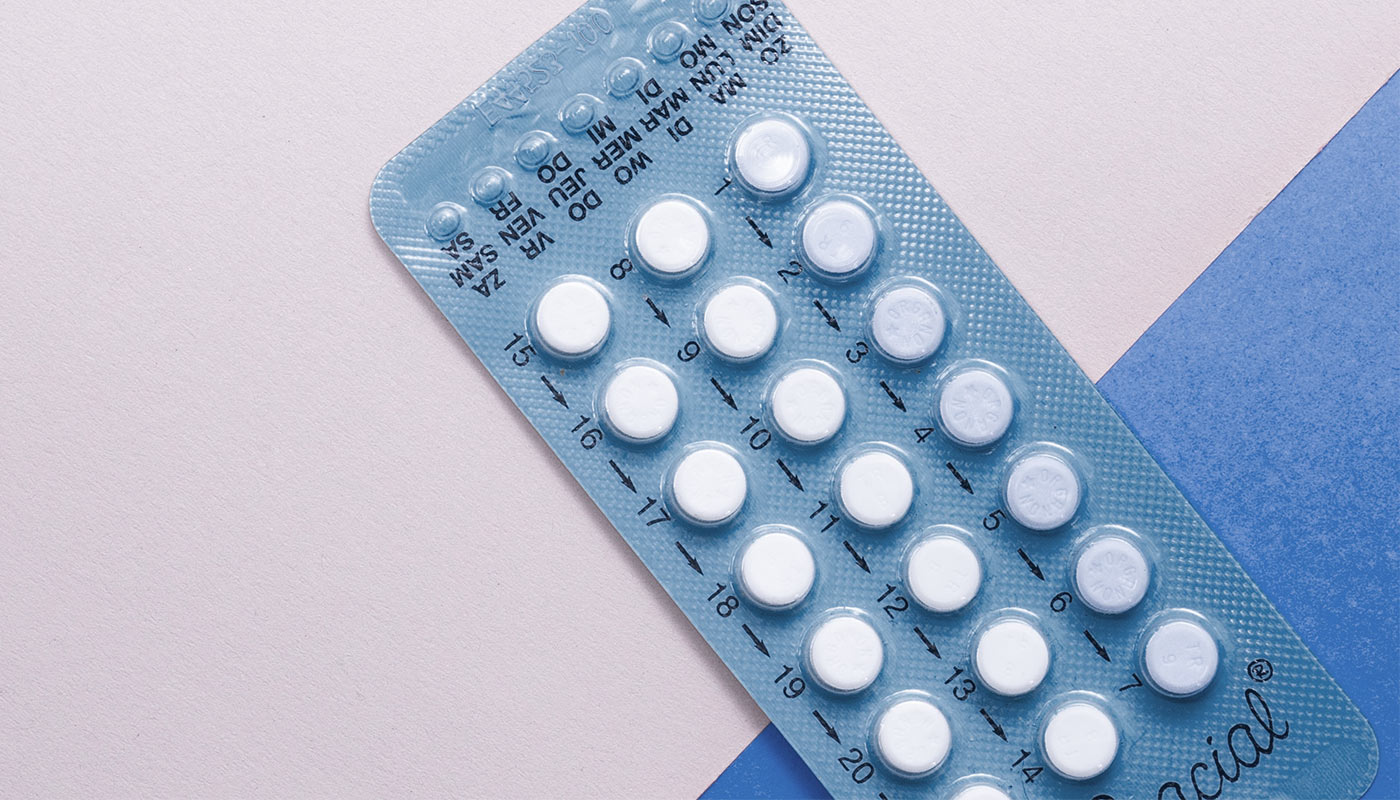Medications, Vaccinations & Supplements

Vitamin supplements
Folic Acid supplementation is recommended for at least three months prior to pregnancy and during the first trimester to support development of the brain and spinal cord. For most women, the amount folic acid contained in a pregnancy specific multivitamin is sufficient. In special circumstances, your specialist may recommend a higher dose of folic acid (5mg). The pregnancy multivitamin can be continued throughout the pregnancy and during breast feeding.
Iron, vitamin D, calcium and vitamin B12 supplements may be recommended by your specialist in individual circumstances.
Over the counter medications
Some common over the counter medications are safe to use in pregnancy. Some common examples include paracetamol, antihistamines, anti-reflux drugs and vaginal thrush treatment. If you are in doubt, speak to your specialist prior.
Non-steroidal anti-inflammatories (such as ibuprofen or diclofenac) are dangerous for the developing fetus. It is also important to avoid cold and flu tablets, some cough medications and medications containing pseudoephedrine or phenylephrine.
Low dose aspirin
Your specialist may prescribe low dose aspirin (at 100-150 mg) from 10-36 weeks gestation to prevent later complications of pregnancy including pre-eclampsia and a small for gestational age baby.
Herbal supplements
Herbal supplements must be discussed with your specialist prior to taking. Herbal supplements are less rigorously regulated than standard medications and may contain substances that are potentially harmful for your baby.
Vaccinations for the mother
All pregnant women in Australia are recommended to have the Influenza (flu) and Pertussis (whooping cough) vaccines every pregnancy. These vaccinations are safe and have numerous benefits to mother and child. The Influenza vaccine is safe during any trimester of pregnancy and the Pertussis vaccine is generally given after 20 weeks to ensure that the baby has antibodies after birth.
Live vaccines, such as the Rubella (German Measles) vaccine are generally avoided in pregnancy. For women who are not immune to Rubella, the vaccine can be safely given in the postpartum period. Specific vaccinations may be required if travel is planned in pregnancy, and your specialist will discuss these with you.
Injections for the baby
Shortly after birth, it is recommended that your baby receive the vitamin K injection. Vitamin K aids the baby’s clotting system and prevents haemorrhagic disease of the newborn and bleeding in the brain.
The hepatitis B vaccination is also given within 24 hours of delivery. Further vaccinations are given as per the Australian Immunisation Schedule.